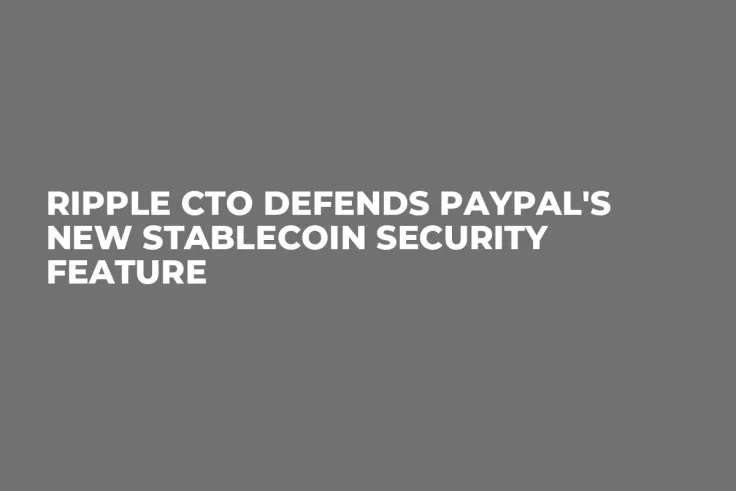
PayPal, the industry-leading payment platform based in San Jose, California, has officially announced the launch of its own stablecoin, PayPal USD (PYUSD).
As reported by U.Today, significant development marks the company's most prominent step in the cryptocurrency landscape since its initial foray in 2020.
It's expected that the introduction of PYUSD, which is pegged to the U.S. dollar and issued by Paxos Trust, will further promote the use of crypto in mainstream payments given how vast PayPal's user base is.
However, the unveiling of this digital asset wasn't without controversy. Some in the cryptocurrency community raised concerns about a potential security issue: the "assetProtection" role within the PYUSD system that reportedly has the capability to freeze and then eliminate an individual's balance.
Labeling this as a "centralization attack vector", some users highlighted the tensions between traditional centralized financial systems and the decentralized ethos of many digital currencies.
Responding to these concerns, Ripple CTO David Schwartz took to social media to provide clarity. He stressed that the true centralization aspect of PYUSD lies in its value being contingent on PayPal's legal obligation to exchange it for dollars.
He further elaborated that the controversial security feature was designed to ensure that innocent users don't unknowingly receive tokens that PayPal isn't legally bound to redeem.
Addressing the larger debate around decentralization, Schwartz highlighted the potential benefits of the crypto components of PYUSD, which allow users greater flexibility in transferring assets without being solely dependent on traditional financial infrastructures.

 Vladislav Sopov
Vladislav Sopov Dan Burgin
Dan Burgin